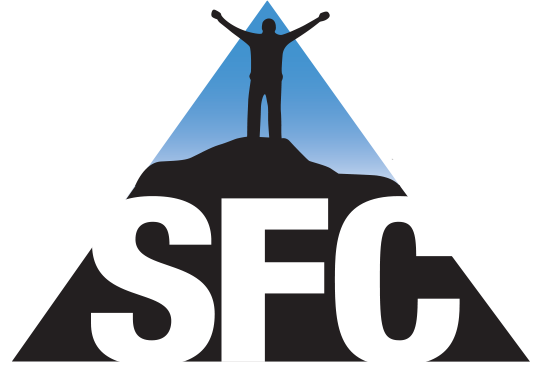Counseling & Therapy Services Mount Arlington & Wayne, NJ
Our counseling and therapy services provide Cognitive Behavioral Therapy and other evidence-based mental health treatments to individuals (children, teenagers, and adults), couples, and families experiencing depression, anxiety, substance abuse, and a variety of other life difficulties.
In addition, if you or a loved one are experiencing an emotional crisis and are in need of immediate assistance, please contact us regarding our mental health screening services.
OUR FOUR STAGE PROCESS TO EFFECTIVE COUNSELING & THERAPY
Stage 1 – Getting to Know Each Other
The getting to know each other stage is the first and most important step to effective treatment. The goal is for the therapist and client to establish a trusting trusting and to determine the nature of the client’s difficulties. This stage consists of a clinical interview (conducted over the course of 5-8) and multiple symptom questionnaires.
With children, the key to accurately understanding the nature of their difficulties is to cross-reference and confirm the information they provide. With this in mind, information is gathered from their parents and others involved in the child’s care to determine the true nature of his or her difficulties.
Stage 2 – Treatment Planning
During the treatment planning stage the client’s information is analyzed, and an individualized treatment plan is developed. While at SFC we specialize in Cognitive Behavioral Therapy, we do not have a one size fits all approach to treatment. Instead, we match our treatment plan to the client’s symptoms, age, personality, and level of motivation.
This individualized approach is based on the American Psychiatric Associations Best Practices Guidelines which advocates the use of evidence-based therapies. For example, anxiety disorders are treated with individual CBT, while ADHD is treated with a combination of individual counseling, academic coaching, and family therapy.
At the conclusion of the treatment planning stage, the client is informed of all assessment findings, diagnoses (if applicable), and related treatment plan. Only when the client feels understood and is agreeable to the treatment plan does the process move onto stage 3.
Stage 3 – Support, Skills, & Strategies
The support, skills, and strategies stage lasts anywhere from 5-50+ sessions depending on the nature of the client’s difficulties and treatment goals. During this stage the client learns numerous techniques for generating self-motivation, challenging negative thought patterns, coping with painful or disruptive emotions, improving healthy behavior, and working towards life goals.
The first several sessions of this stage focus on the reduction of distressing symptoms. In many cases, individuals respond quickly, and treatment is completed in a relatively short period of time (5-15 sessions). If the goal is to change long-standing patterns of thoughts, feelings, behaviors, and/or relationship difficulties, then treatment continues for as long as the client desires and progress is being made.
Stage 4 – Successful Outcomes & Booster Sessions
In stage 4 clients are consistently demonstrating effective coping skills and successful outcomes in their pursuit of treatment and life goals. As this occurs the frequency of sessions is reduced and eventually treatment is ended. Upon the termination of treatment, most clients schedule 1-3 follow up “booster sessions” that take place within 12 months of their last regularly scheduled session. Booster sessions are intended to review and reinforce the support, skills, and strategies developed over the course of treatment.
If for some reason treatment does not progress to stage 4, the situation is discussed, and alternative treatment options are considered. If necessary, the treating therapist will refer and assist the client in transitioning to another therapist or treatment


